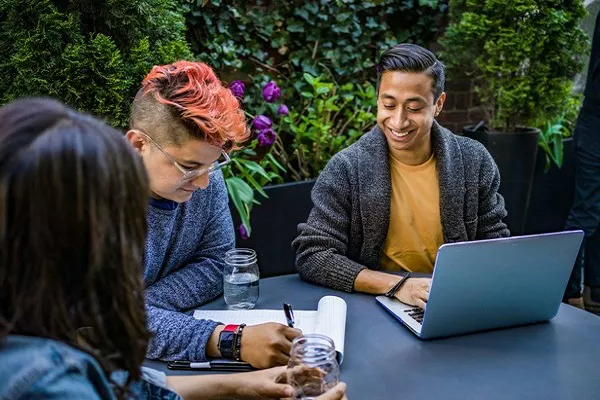The experience of falling in love is a profound and transformative journey that can ignite a whirlwind of emotions. However, the question of how fast one can fall in love is a complex one, as the timing varies greatly from person to person. In this article, we delve into the factors that influence the speed at which individuals fall in love and provide insights into the different timelines people may experience. By understanding these dynamics, we can navigate the realm of love with greater awareness and appreciation for the unique journey each person takes.
Emotional Connection and Compatibility:
- Shared Values and Interests: The alignment of values, beliefs, and interests between two individuals can create an instant connection that accelerates the process of falling in love.
- Emotional Intimacy: The depth of emotional connection and vulnerability shared between two individuals can significantly impact the speed at which they fall in love. The ability to open up and connect on a deeper level fosters a strong bond.
- Chemistry and Attraction: Physical chemistry and mutual attraction play a role in the intensity and speed of falling in love. It can create a powerful and immediate connection that propels the emotional journey forward.
Individual Factors:
- Past Experiences and Emotional Readiness: Previous relationships, personal growth, and emotional readiness influence the pace at which individuals fall in love. Those who have experienced past heartbreaks may take longer to open up and trust again.
- Personality Traits: Individual personalities, such as being more open and receptive to love or having a cautious nature, can influence the speed at which individuals fall in love.
- Emotional Availability: Being emotionally available and ready to engage in a committed relationship can expedite the process of falling in love. Individuals who are emotionally unavailable may take longer to develop deep romantic feelings.
Timing and Circumstances:
- Length and Intensity of Interaction: The duration and intensity of time spent together can influence the pace of falling in love. Spending more quality time together, such as through shared experiences and deep conversations, can expedite the process.
- Compatibility and Alignment: When individuals find themselves aligned with each other in terms of values, life goals, and future aspirations, the process of falling in love may occur more quickly.
- Serendipity and Chance Encounters: Love can sometimes blossom unexpectedly and rapidly, as chance encounters or serendipitous moments create an immediate connection that leads to a swift emotional attachment.
Cultural and Societal Influences:
- Cultural Norms and Expectations: Cultural factors and societal norms can influence the pace at which individuals allow themselves to fall in love. Some cultures prioritize a slow and gradual process, while others embrace quick emotional connections.
- Media and Romantic Ideals: Portrayals of love in media, literature, and movies can shape our perception of falling in love and create expectations regarding the timeline. These influences may impact the speed at which individuals perceive falling in love.
- Personal Beliefs and Experiences: Personal beliefs about love and relationships, influenced by cultural and societal factors, can impact the pace at which individuals allow themselves to fall in love.
Conclusion:
The timing of falling in love is a deeply personal and subjective experience. It is influenced by a myriad of factors, including emotional connection, individual characteristics, timing and circumstances, and cultural influences. There is no universal timeline for falling in love, as each person’s journey is unique and unfolds at its own pace. It is important to honor and respect the individuality of this experience, allowing love to develop naturally and organically. Embrace the journey, be open to the possibilities, and trust in the timing that feels right for you. After all, love knows no bounds and is a beautiful adventure meant to be cherished.
Related Topics:




























